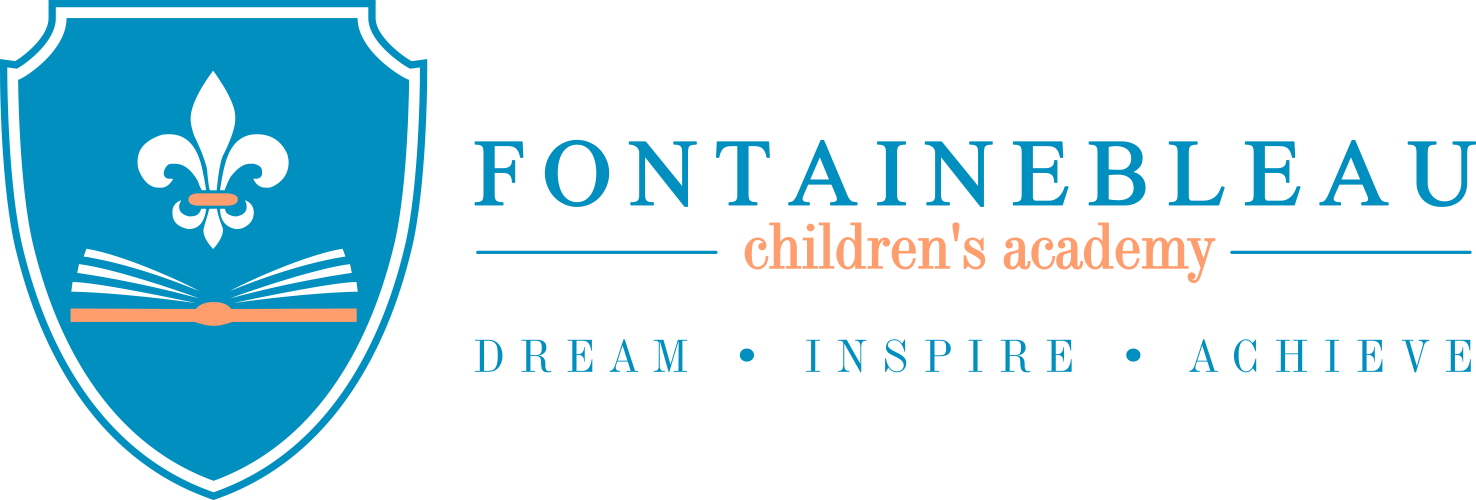3. Balancing Technology Use in Early Childhood
Technology is a part of everyday life, and when used thoughtfully, it can be a powerful tool for early learning. At Fontainebleau Children’s Academy, we embrace technology in a way that enhances—not replaces—hands-on experiences, social interactions, and creative play.
How We Use Technology to Support Learning
- Interactive Learning Tools – We carefully select educational apps and digital resources that reinforce literacy, math, and cognitive development while keeping children actively engaged.
- Virtual Field Trips & Exploration – Technology allows children to "travel" to museums, nature reserves, and even outer space, expanding their curiosity and understanding of the world.
- Parent-School Communication – Digital platforms help parents stay connected with their child’s learning journey, providing updates, photos, and progress reports.
The Importance of Balance
While technology has its place in education, real-world play, movement, and social interaction remain our top priorities. Experts recommend:
- Limiting Passive Screen Time – At FCA, we ensure that technology is used intentionally, not as a substitute for teacher-led activities.
- Encouraging Hands-On Exploration – Children learn best through tactile, interactive experiences, so screen time is always balanced with physical play, art, and hands-on STEM activities.
- Using Technology to Support—Not Replace—Human Interaction – We believe that teachers, peers, and real-world experiences are the foundation of a child’s growth, and technology should serve as a tool, not a crutch.
At
Fontainebleau Children’s Academy, we
focus on creating a balanced, enriched learning environment where technology complements—rather than dominates—early childhood education. Our goal is to equip children with the skills they need for the future while keeping their learning experiences engaging, interactive, and developmentally appropriate.




